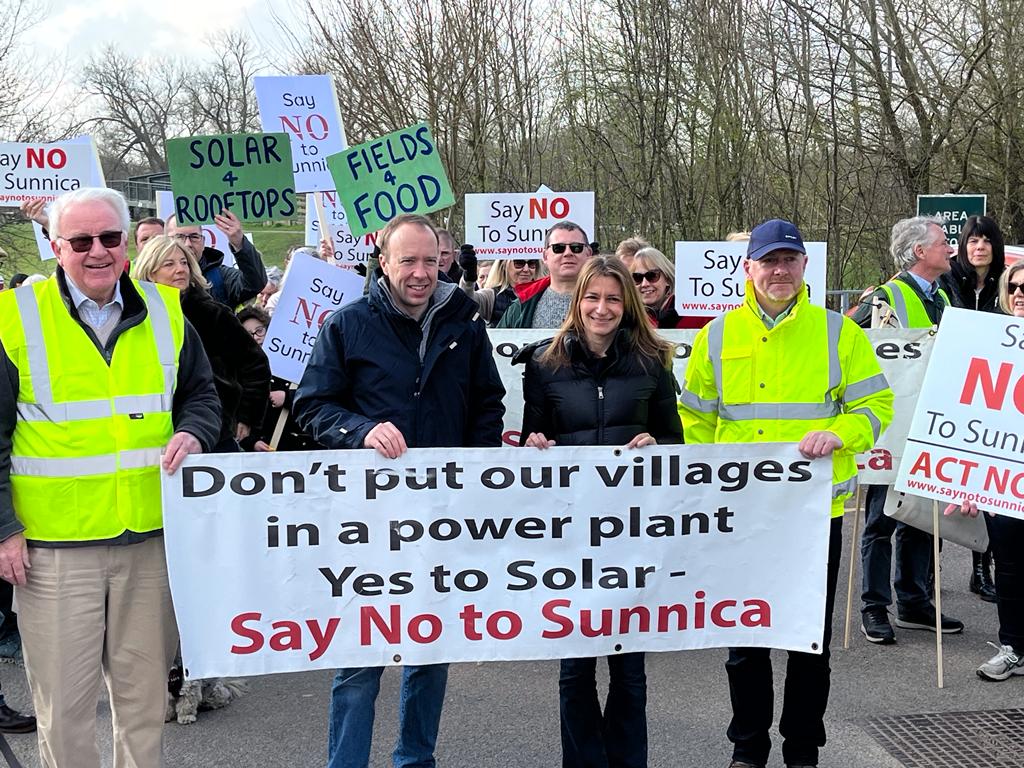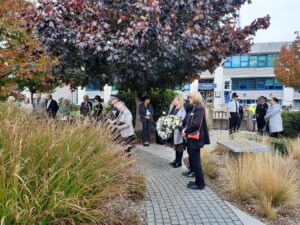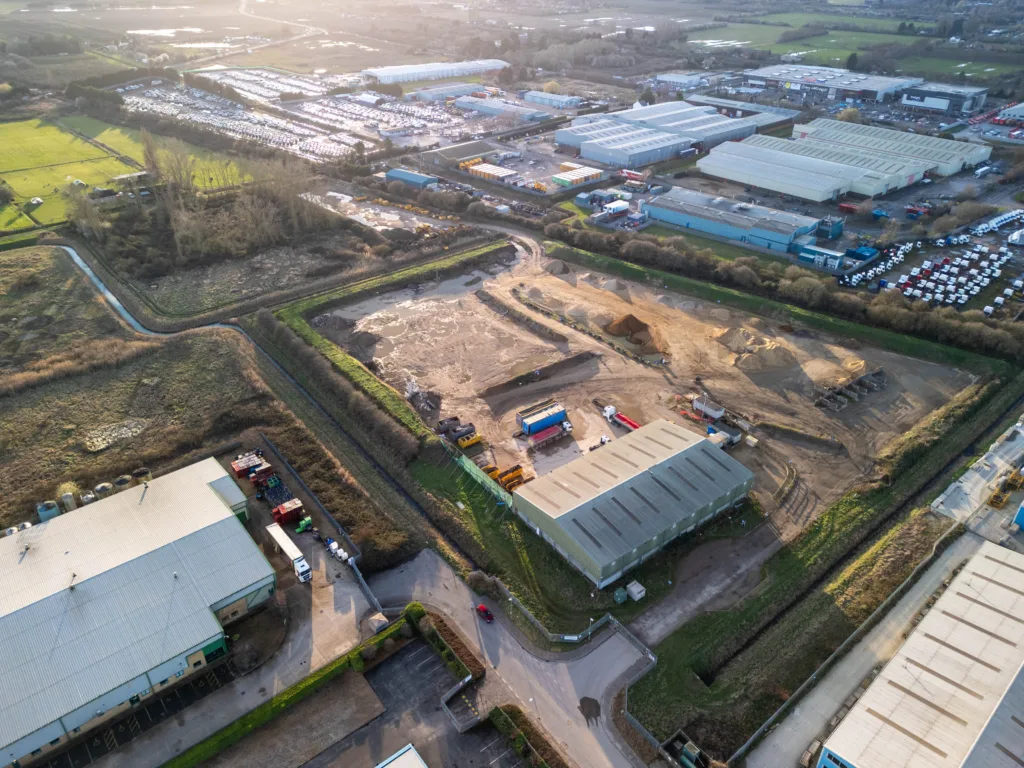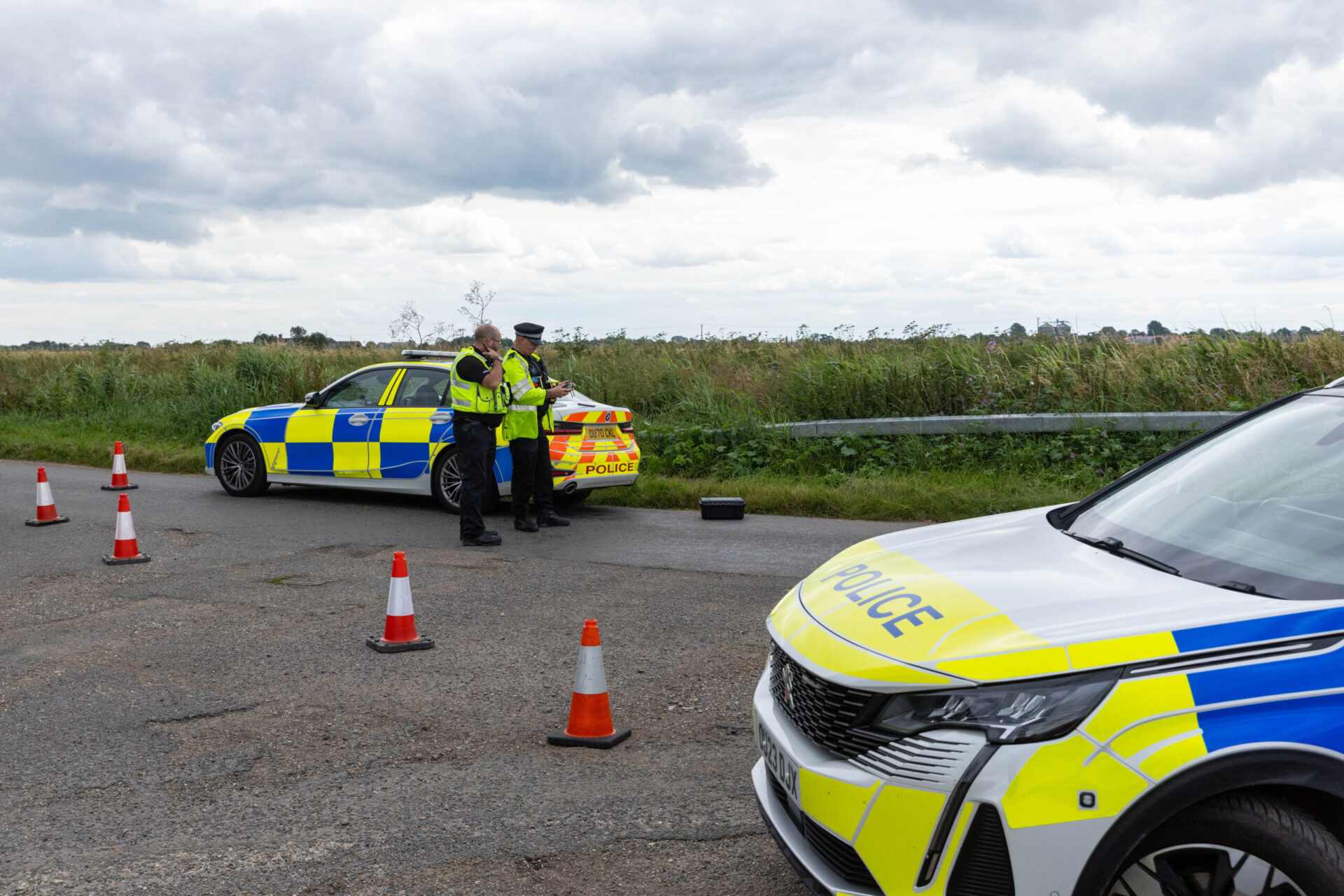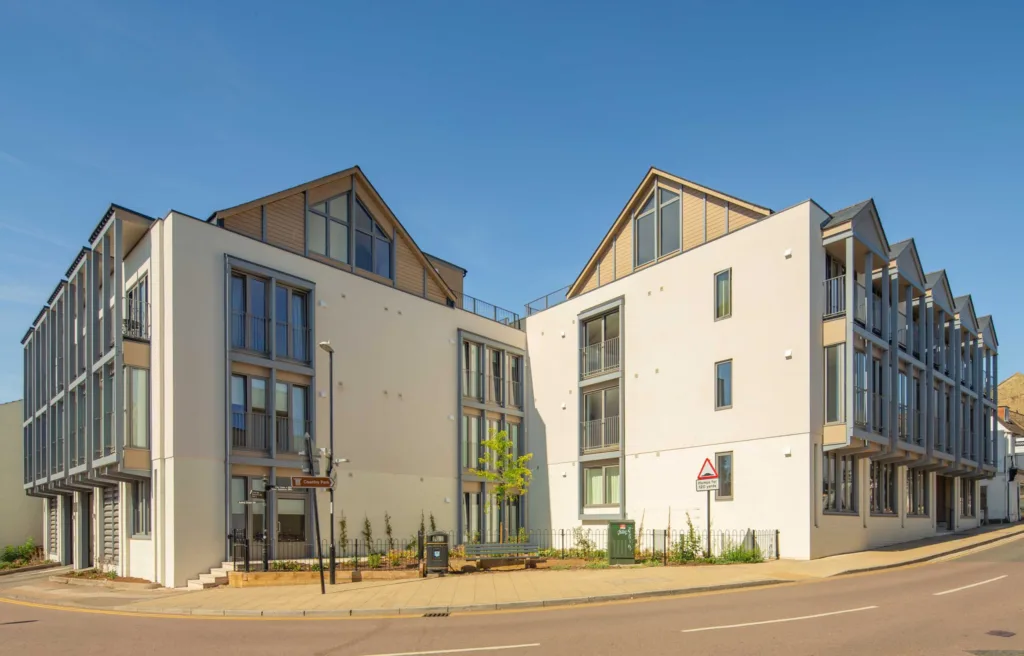Labour’s new Secretary of State Ed Miliband decided within days of taking office to approve the 2,500 acre £600m Sunnica solar farm despite his Tory predecessor Claire Coutinho spending months dithering over when and what decision to take. Ms Coutinho’s procrastination is revealed in the timescale of events throughout 2024 and any last chance she had to turn it down (or approve it) was lost once prime minister Rishi Sunak called a snap general election.
Former East Cambridgeshire MP, and former Cabinet colleague Lucy Frazer, is furious that Labour has given it the go ahead but overlooks the opportunity to deal with it passed over by Ms Coutinho.
“I am devastated to learn about the approval of the Sunnica application,” Mrs Frazer said last night.
“I am surprised that the application did not warrant further significant consideration.
“East Cambridgeshire is, today, facing the reality of a Labour Government who seem to have no regard for our rural areas, the importance of agricultural land and the views of our local communities.”
But she fails to admit that the Conservative government had every opportunity to reject the solar farm.

On March 7 Ms Coutino “decided to re-set the statutory deadline for this application to 11 April 2024”.
A month later, on 9 April 2024, she once again postponed a decision agreeing to “re-set the statutory deadline for this application to 20 June 2024.”
But Sunak’s decision to call an election meant that on “Saturday 25 May 2024 we entered a pre-election period, following the announcement that a General Election will be held on Thursday 4 July 2024.
“During the pre-election period it is customary for ministers to observe discretion in initiating any new action of a continuing or long-term character.
“Consequently, no development consent decisions will be taken during this period.
“We will provide a further update following the General Election”.
The only route available for opponents is a judicial review which offers a six-week period to challenge the decision in the high court. And even then, as opponents of a mega incinerator in Wisbech found, it is by no means certain evidence can be found to even justify it reaching the high court.
‘Say No To Sunnica’ protest group said in a statement there were many pages of reports to digest and hope to update shortly.
“This has come unexpectedly,” they said. “The professional examiners (the ExA) who rigorously examined this poor-quality scheme over 6 months, who visited the sites, who heard people speak at the hearings and who read many thousands of pages of evidence from all parties on the many impacts of this scheme made an informed recommendation to the SoS that it should be refused.

“The ExA concluded that the negative impacts did not outweigh the benefits
“Sadly, their recommendation was overruled by the SoS”.
The group added: “Thank you to everyone for all your efforts and all your support – this has been a long process, and it is no easy task to get a NSIP to be recommended for refusal unless it is severely flawed. The ExA agreed with us all that it is.
“The SoS has not.”
Despite the Planning Inspectorate recommending refusal, the beneficial factors – which influenced Mr Miliband – were set out in their report.
The inspectorate had found that there was an “urgent need for energy generation of all types” and that Sunnica “could make a meaningful contribution to meeting this need, as well as contributing substantially in the transition to a low carbon system.
“Thus, the principle of the proposed development accords with national policy which is important and relevant”.
It recognised that the generation and the Battery Energy Storage System (BESS) would “contribute positively to a secure, flexible energy supply, and meet an identified urgent need for additional generating capacity and storage which should be afforded significant weight”.
The inspector also appreciated that the proposals “would bring significant public benefits” and whilst “reasonable alternatives have been considered and the final selection of the site is justified according to the objective criteria set out”.
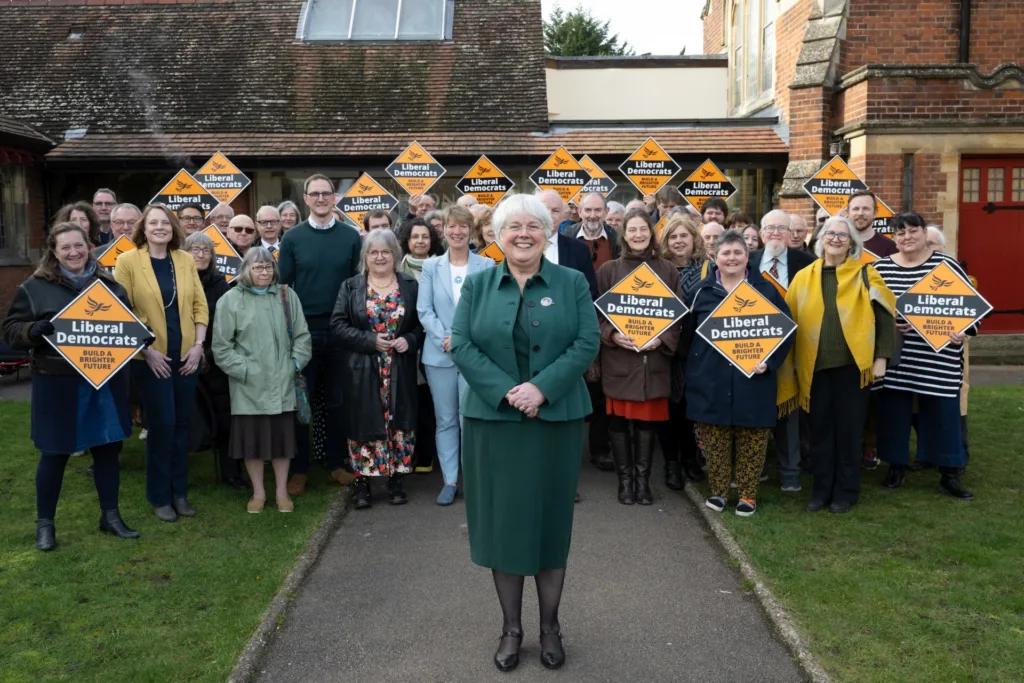
However, the final report indicated many aspects of the solar farm conflicted with policies in relation to landscape, ecology and biodiversity, cultural heritage, and the local economy.
The findings also said the inspectorate had “insufficient information” to rule out harm to the Breckland Special Protection Area (SPA). They also felt the solar farm “has the potential to cause significant harm to the stone curlew population” within and adjacent to solar farm site.
Overall, though there were “adequate safeguards to prevent harm to nature conservation sites of national and local importance”.
And they were “satisfied that effects on other habitats or species would be limited and adequately mitigated against. These matters are neutral in the planning balance”.
There were other reasons, too, which worked against Sunnica.
Inspectors were concerned at the “the lack of proper assessment of glint and glare effects due to inadequacies in the applicant’s assessment. This has potential harm for all users and may specifically adversely affect equestrian users and facilities, in particular the Limekilns. (gallops at Newmarket racecourse)”.
They felt the “the currently proposed mitigation measures cannot reduce this harm to an acceptable level and so the potential effects of glint and glare weigh substantially against the proposed development”.
On battery storage, though, inspectors were satisfied with the fire safety management plan.
Inspectors also agreed the solar farm “has the potential to cause harm to the setting of the Chippenham Park which weighs substantially against it. Also weighing substantially against the proposed development is that it would not mitigate satisfactorily for the potential effects on the Isleham plane crash site”.
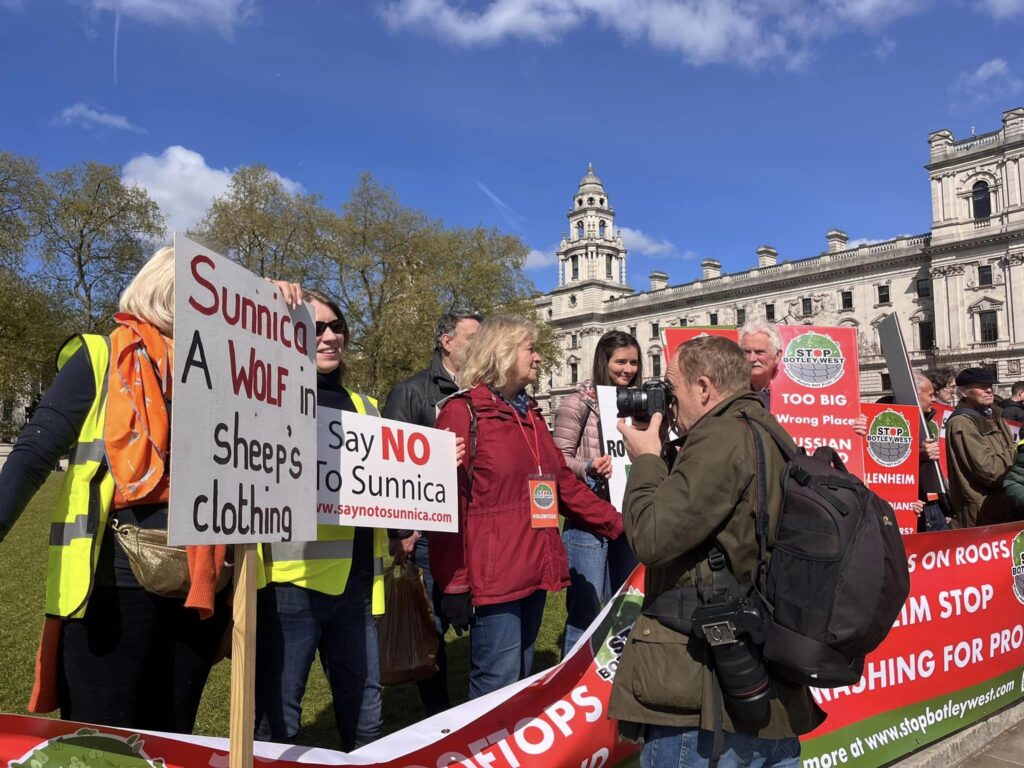
The report also shows how the examiners felt the solar farm “would cause significant harm to landscape character and visual amenity which is an integral feature of good design for developments”.
Overall, the harm, including the harm caused by the scale of the development, would result in general adverse effects on the landscape that weigh substantially against Sunnica, the report says.
“The detriment to enjoyment of and appreciation by residents and other users of the area caused by adverse impacts on views, as in relation to The Ark church, La Hogue Farm and the Elms Road permanent caravan site, would cause harm which also weighs moderately against the order being made,” says the report.
They also felt any reduction in the size of the solar farm “would need to be extensive to achieve adequate mitigation of landscape and visual effects”.
And they were also not satisfied that there would be an overall net benefit in terms of the local economy and employment in terms of jobs to be created particularly as these would be concentrated in the construction period only.
On horse racing, inspectors felt Sunnica “has provided insufficient evidence to give confidence that the highly sensitive horse racing industry would not be adversely affected and that it would not be a threat to the long-term viability of the industry or unacceptably impact the operational use of existing horse racing industry sites.
“Given the local, national, and international importance of the horse racing industry in Newmarket this could have consequential negative impacts on the economy locally and beyond. This therefore weighs substantially against the proposed development”.
And use of farmland suspension of a farm enterprise “albeit temporary in planning terms, would be fundamental, because the benefits have not been demonstrated and because the loss would be of substantial areas of farmland for a period of at least 45 years, ie two generations, and would therefore be effectively permanent.
“Even if the farming operation were to resume after decommissioning, it is uncertain what the soil condition would be at the end of the operational period”.
Inspectors also concluded that Sunnica solar farm “will have adverse transport, traffic and highway safety impacts”, particularly during transport of equipment.
Mitigation had been put in place “however, these impacts will nevertheless cause harm, albeit temporary, and are therefore weigh moderately against the development”.
Inspectors were satisfied though that Sunnica solar farm would not impact adversely on water resources, flood risk and drainage, and would therefore be neutral in the overall planning balance.
In favour it remained the fact that given the urgent need for energy generation of all types Sunnica “could make a meaningful contribution to meeting this need, as well as contributing substantially in the transition to a low carbon system”.
And it would make “a meaningful contribution” towards meeting the legally binding commitment to end the UK’s contribution to climate change.
Overall, however the combination outweighed the benefits, they concluded.
“These disbenefits are not outweighed by the public benefit of the provision of solar generating capacity despite its need and urgency,” it concluded.
Consequently, the inspectors recommended the development consent for the application be refused in the terms sought.
The Secretary of State for Energy Security and Net Zero, Ed Miliband, has granted permission for the Sunnica Solar farm on the Cambridgeshire/Suffolk border. He granted this permission despite the Examiner recommending that the scheme should not be approved.
Charlotte Cane, MP for Ely, and East Cambridgeshire said: ““This vast solar farm marches through large swathes of my constituency. The examiner spent years carefully considering all the issues and all the representations.
“Every local authority affected spent years considering the application and its implications and all called for it to be rejected. With just one week’s consideration, the Secretary of State has decided that he knows better and has given permission.
“Green energy is vital and solar farms are key to meeting our net zero targets. But that must not mean that every solar farm application should get permission regardless of its impact on our food security, biodiversity, landscape character and our existing farming and horse racing businesses.
“I am shocked that the Secretary of State has overridden all advice to the contrary and given this scheme permission. I have contacted Say No to Sunnica to discuss further.”


